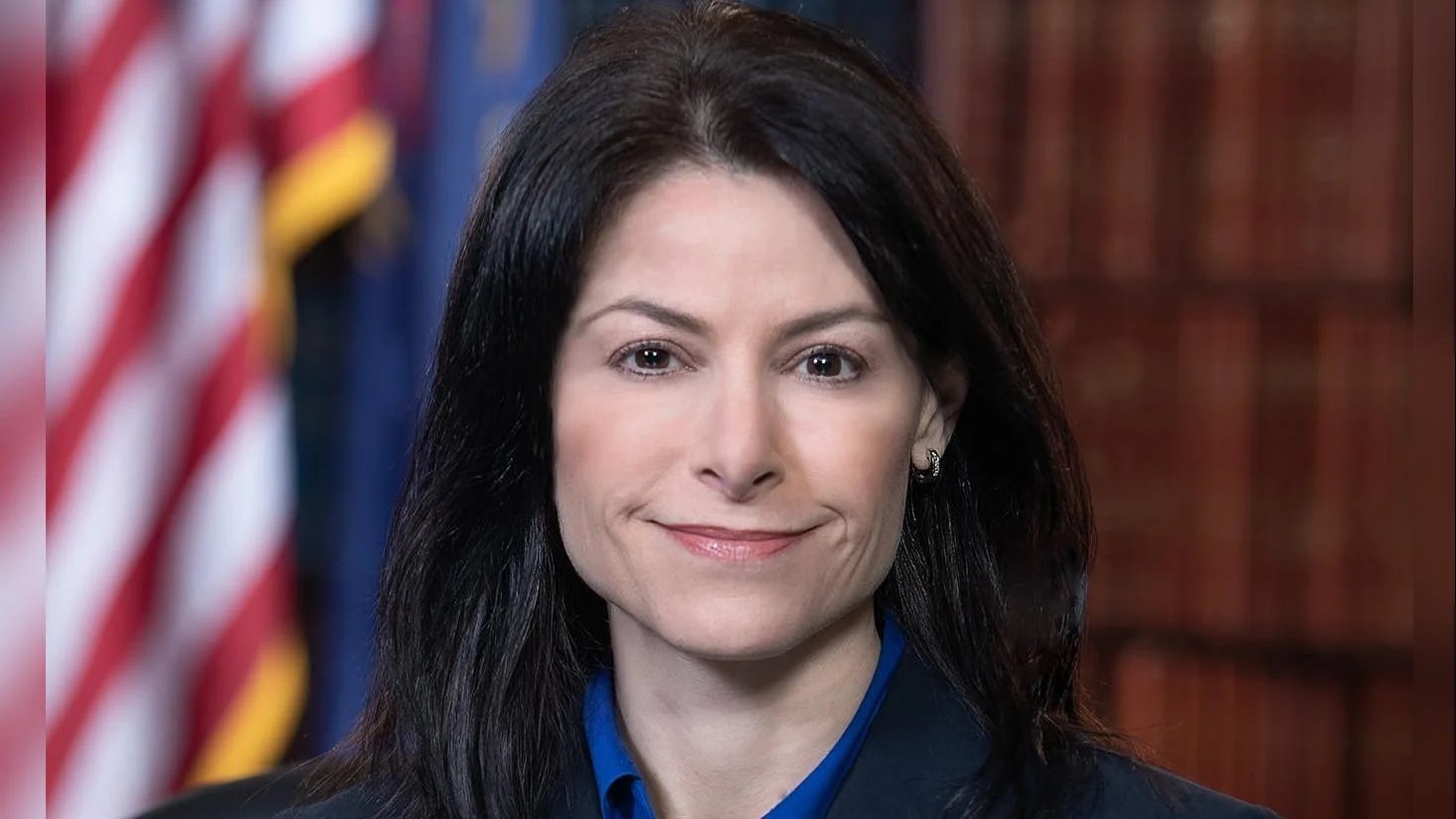Attorney General Dana Nessel | Official website
Attorney General Dana Nessel | Official website
Michigan's Attorney General Dana Nessel has opened the floor for proposals from attorneys and law firms to undertake litigation against PCB manufacturers. The legal action aims to seek damages for the impact of Polychlorinated biphenyls (PCBs) on the environment, representing the State of Michigan.
PCBs, now banned for sale and manufacture in the United States, were once utilized in various products like coolants, lubricants, and sealants, but pose long-term environmental risks due to their tendency to "bioaccumulate" in organisms. Michigan has issued "Eat Safe Fish" guidelines to minimize PCB exposure risks.
"While PCBs are thankfully no longer manufactured in the United States, their harmful effects continue to contaminate our natural resources, wildlife, and communities," stated Nessel. Emphasizing accountability, she added, "The manufacturers responsible for this damage should be held accountable, not Michigan taxpayers. Pursuing this litigation will ensure that those who profited from the manufacture and sale of these chemicals and who hid the known toxicity and negative impacts of their use are held liable for the lasting damage they caused."
Phil Roos, EGLE Director, highlighted the ongoing efforts and commitment of the Michigan Department of Environment, Great Lakes, and Energy to address contamination: "Taking steps to clean up PCB contamination isn’t just our environmental duty; it’s a commitment to restoring our communities and securing a cleaner, safer future for all."
The Department has already taken action to secure remediation at PCB-contaminated sites in Michigan, although gaps remain in efforts to fully address some areas. The call is for proposals from legal professionals with experience in handling claims against toxic chemical manufacturers, with contracts to be awarded based on a combination of qualifications, experience, and cost-effectiveness. Selection will be based on recommendations from Department staff, with a notice of award to be published online once choices are made. Selected parties will work on a contingency fee basis.
Those interested have until May 5, 2025, to submit proposals, further details being available on the Department of Attorney General’s website.






 Alerts Sign-up
Alerts Sign-up